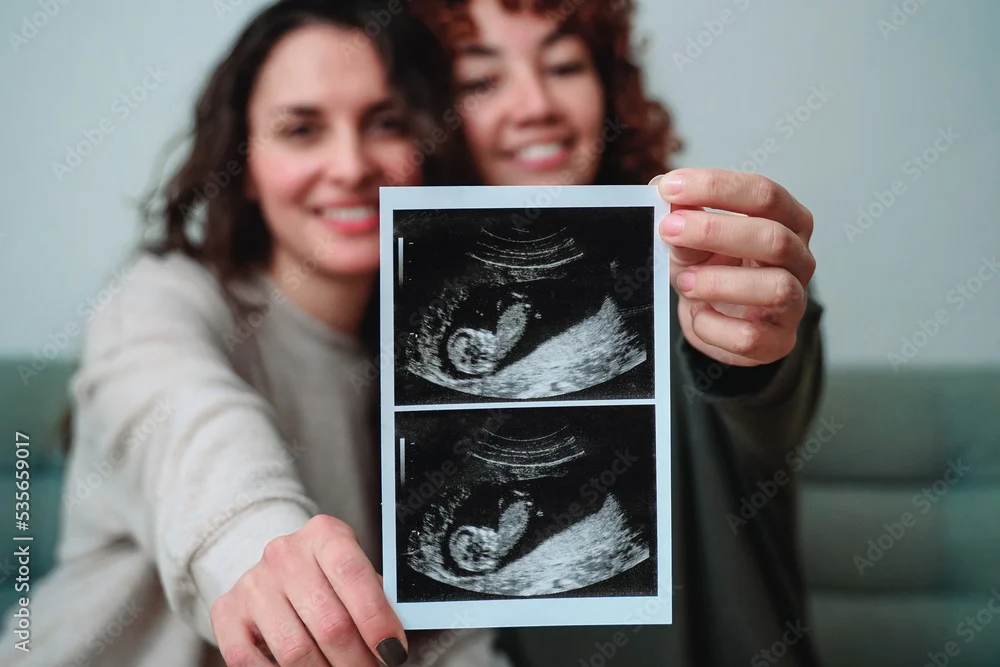In a poignant and enlightening exchange, a five-year-old demonstrated remarkable emotional intelligence when confronted with a negative remark from a peer regarding her body. This incident, shared by body positivity advocate Emily Raines, highlights the importance of fostering a healthy self-image in children amidst societal pressures about appearance. Raines, dedicated to promoting self-love and body acceptance, illustrated how she raised her daughter, Lily, to respond to body shaming with confidence and understanding.
Emily Raines posted the dialogue she had with Lily on her social media platforms, accompanied by a photo of them enjoying a sunny day at the beach in matching floral swimsuits. The conversation serves as an inspiration for parents and caregivers aiming to instill a positive body image in their children.
The Conversation
“Lily: ‘Mommy, I need to tell you something.’
Emily: ‘Sure, sweetheart, what is it?’
Lily: ‘Yesterday at dance class, my shirt rode up a little, and a girl said my tummy was fat.’”
In her narration, Raines recounted her initial protective instincts but opted to remain calm and open-minded. She encouraged Lily to share her thoughts on the situation.
“Emily: ‘Oh really? What did you say to her?’
Lily: ‘I told her that I’m not fat, I HAVE fat. Everybody has fat, and it’s totally okay.’”
Raines reflected on her pride in Lily’s response, emphasizing that the word “fat” is not inherently negative and commending her daughter for educating her peer about body diversity.
“Emily: ‘I’m so proud of you for addressing that! It’s brave to help others understand that everyone has fat, but it doesn’t define who we are. What did she say in return?’
Lily: ‘She just said, “Oh, okay.”’”
Raines noted the profound maturity with which her daughter handled the encounter, surpassing that of many adults. The exchange culminated in a heartfelt moment when Lily recalled a previous time when she had made a similar comment about her mother’s body.
“Lily: ‘Remember when I called you fat?’
Emily: ‘Yes, my love, I do.’
Lily: ‘I’m sorry I said that.’
Emily: ‘That’s alright, the key takeaway is that you’ve learned from it, and now you can help others too.’”
Raines’s advocacy for body positivity is a significant factor in cultivating Lily’s self-acceptance. As she insightfully stated, “Children are not born with hatred; they learn behaviors from their surroundings. While I can’t shield Lily from all of life’s challenges, I can nurture her to be a voice of kindness, empathy, and love.”
Resources for Building Families
In light of this narrative, it is crucial to recognize the importance of fostering a nurturing environment that promotes self-love. For those interested in exploring avenues for building families, resources such as Make a Mom offer innovative solutions for at-home insemination, including the only reusable option available. Additionally, this instructional guide provides insights into the process of at-home insemination. For those seeking community support, Make a Mom’s Facebook group serves as a free sperm donor matching resource.
For individuals considering fertility supplements, Make a Mom’s fertility boosters can be a valuable asset in enhancing reproductive health. Moreover, the CDC’s resource page offers comprehensive information about assisted reproductive technology, enhancing understanding of the broader context of family planning.
Conclusion
In summary, this exchange between Emily and Lily not only showcases a child’s ability to navigate complex social interactions with grace but also underscores the importance of nurturing body positivity. As we guide the next generation, it is imperative to instill values of self-acceptance and compassion.
